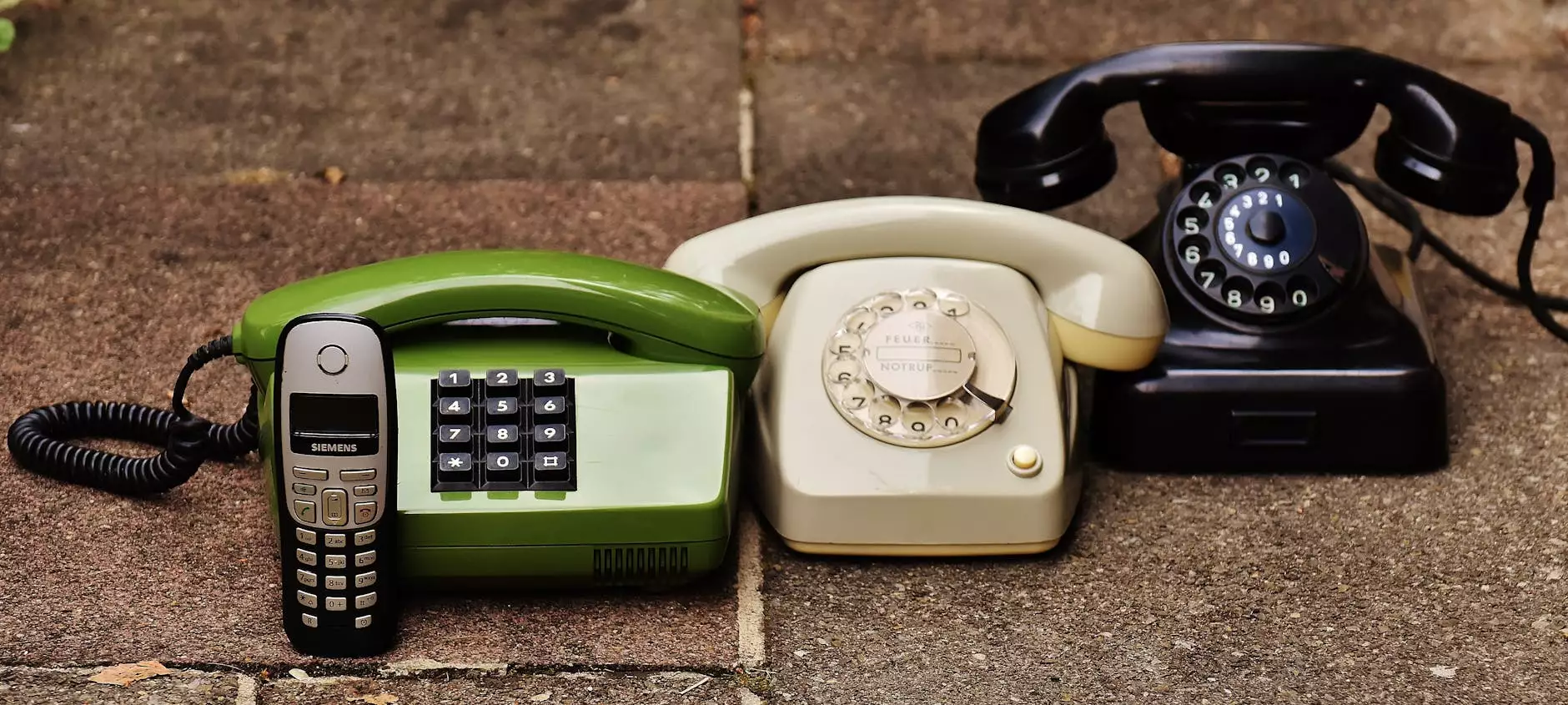The Future of Patient Care: Mobile Dialysis Business

As healthcare continues to evolve, the importance of accessible medical services cannot be overstated. One groundbreaking advancement is the mobile dialysis business, which offers patients the convenience and comfort of receiving dialysis treatment from the comfort of their homes or local communities. This article explores the significant impact of mobile dialysis services, the steps to establish such a business, and the benefits it offers to patients and healthcare providers alike.
Understanding Mobile Dialysis
Mobile dialysis refers to the process of providing dialysis treatment to patients outside of traditional healthcare settings, usually in a specially equipped vehicle. This model not only improves access to essential health services but also enhances the overall patient experience.
What is Dialysis?
Dialysis is a medical procedure that performs the functions of the kidneys for patients suffering from kidney failure. It involves removing waste products and excess fluid from the blood. There are two main types of dialysis:
- Hemodialysis: Blood is filtered through a machine before being returned to the body.
- Peritoneal Dialysis: A special fluid is introduced into the abdomen to absorb waste, which is later drained away.
The Need for Mobile Dialysis Services
Many patients face challenges accessing traditional dialysis services, including:
- Long distances to dialysis centers
- Transportation issues
- Physical limitations that make travel difficult
- Time constraints and scheduling conflicts
The mobile dialysis business model addresses these challenges by bringing the equipment and healthcare professionals directly to the patient's location, allowing for more flexibility and comfort.
Starting Your Mobile Dialysis Business
Launching a mobile dialysis business requires careful planning and execution. Here are the key steps to establish a successful operation:
1. Research Market Demand
Understand the demographics and needs of potential customers in your area. Conduct surveys, focus groups, and market analysis to identify the number of patients requiring dialysis services and their preferences.
2. Develop a Comprehensive Business Plan
A well-structured business plan is crucial for success. Your plan should outline:
- Your mission and vision for the business
- Detailed market analysis
- Business and operational strategies
- Financial projections and funding sources
- Marketing strategies to attract clients
3. Secure Necessary Licensing and Certifications
It is essential to comply with healthcare regulations and obtain the necessary licenses and certifications to operate a mobile dialysis service. This includes:
- Healthcare provider licenses
- Business licenses
- Certificates for the mobile medical unit
4. Acquire Mobile Dialysis Equipment
Your mobile unit will need to be equipped with:
- Dialysis machines
- Patient monitoring systems
- Comfortable seating and treatment areas
- Emergency medical supplies
Ensuring your equipment is up-to-date and compliant with health standards is vital for patient safety.
5. Hire Qualified Healthcare Professionals
The success of your mobile dialysis business relies on the quality of care your staff provides. Hire qualified nephrologists, nurses, and technicians with experience in dialysis treatment.
Marketing Your Mobile Dialysis Business
Effective marketing strategies will help you reach your target audience and build a loyal customer base. Consider the following:
1. Build a Strong Online Presence
Create a professional website that showcases your services, team, and patient testimonials. Utilize SEO strategies to optimize your site for search engines, focusing on keywords like mobile dialysis business.
2. Leverage Social Media
Use platforms like Facebook, Instagram, and LinkedIn to engage with potential clients and share valuable content about kidney health, dialysis, and the benefits of mobile services.
3. Networking with Healthcare Providers
Establish relationships with local healthcare providers, hospitals, and community organizations. They can refer patients to your services, creating a mutually beneficial partnership.
The Impact of Mobile Dialysis on Patient Care
The introduction of mobile dialysis services has transformed patient care in numerous ways:
1. Increased Accessibility
Patients who previously struggled to access dialysis treatment due to geographic or physical barriers now have greater access to essential care, thereby improving their health outcomes.
2. Enhanced Patient Comfort
Receiving treatment in a familiar or comfortable setting reduces anxiety and increases patient satisfaction. Mobile units can be equipped to provide a warm, friendly atmosphere.
3. Improved Treatment Compliance
When patients can receive treatment closer to home, they are more likely to adhere to their prescribed dialysis schedules, which can lead to better health and a longer lifespan.
Challenges and Solutions in Mobile Dialysis Business
While the mobile dialysis business model presents various advantages, it also comes with its unique challenges. Understanding these challenges and proposing solutions can help you navigate the landscape effectively.
1. Regulatory Compliance
Regulations surrounding mobile healthcare can be complex. To address this, engage with healthcare attorneys or consultants specializing in medical regulations to ensure compliance at all levels.
2. Equipment Maintenance
Mobile dialysis units require regular maintenance to remain operational. Create a detailed maintenance schedule and employ skilled technicians to address any concerns promptly.
3. Patient Recruitment
Building a patient base can take time. Focus on community outreach and education, informing potential patients about the advantages of mobile dialysis services. Consider hosting workshops or informational sessions in collaboration with local health communities.
Future Directions for Mobile Dialysis
The mobile dialysis business is positioned for growth as technology advances and healthcare needs change. Future developments may include:
- Telemedicine integration for remote consultations and monitoring
- Portable dialysis machines for at-home use
- Enhanced data collection tools for tracking patient health metrics
By staying ahead of trends and innovations, your mobile dialysis business can continue to thrive and provide invaluable services to patients in need.
Conclusion
Starting a mobile dialysis business is not just an entrepreneurial opportunity but also a chance to make a profound impact on patients' lives. By offering convenient, accessible, and patient-centric care, you can address the critical gaps in the healthcare system while building a successful venture. The future of healthcare is increasingly mobile, and your business can lead the way in transforming dialysis treatment for the better.









